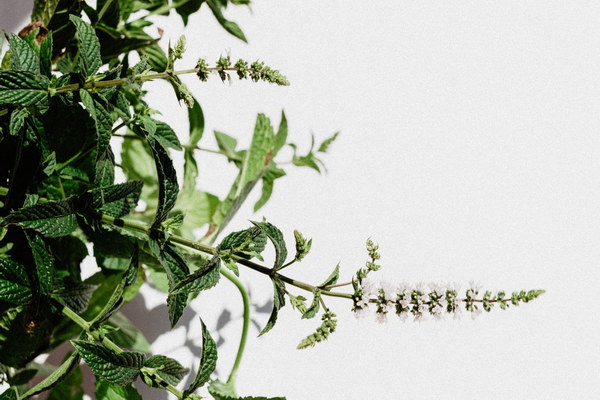Nurturing Liver Health A Guide to Detoxification and Protection
Nurturing Liver Health: A Guide to Detoxification and Protection
The liver is a vital organ that plays a crucial role in maintaining overall health. It filters toxins, synthesizes proteins, and produces bile, which is essential for digestion. However, due to poor dietary habits, environmental pollutants, and stress, the liver can become overwhelmed and impaired. This article aims to provide a comprehensive guide to detoxifying and protecting your liver, ensuring it remains healthy and efficient.
Understanding Liver Function
Before delving into the specifics of detoxification and protection, it's important to understand the liver's functions. The liver performs over 500 different roles, including:
- Filtering blood: The liver filters out toxins and harmful substances from the blood before they can cause damage to the body.
- Metabolizing nutrients: The liver breaks down nutrients from food, allowing the body to use them for energy and growth.
- Storing nutrients: The liver stores vitamins and minerals, releasing them as needed.
- Synthesizing proteins: The liver produces proteins necessary for blood clotting, immune function, and other bodily processes.
- Producing bile: Bile helps to break down fats and absorb fat-soluble vitamins.
Detoxifying the Liver
Detoxifying the liver involves removing accumulated toxins and supporting its natural filtering process. Here are some effective methods:
1. Eat a Balanced Diet: Incorporate plenty of fruits, vegetables, whole grains, lean proteins, and healthy fats into your diet. These foods provide essential nutrients and antioxidants that support liver health.
2. Increase Your Intake of Fatty Acids: Omega-3 and omega-6 fatty acids are beneficial for liver function. Sources include fatty fish, flaxseeds, chia seeds, and walnuts.
3. Consume Milk Thistle: This herbal supplement contains silymarin, a compound that protects liver cells and enhances the liver's ability to regenerate.
4. Boost Your Antioxidant Intake: Antioxidants help to neutralize free radicals, which can damage liver cells. Berries, green tea, dark chocolate, and nuts are excellent sources of antioxidants.
5. Limit Alcohol Consumption: Alcohol is a significant liver toxin. Reducing alcohol intake or avoiding it altogether can greatly improve liver health.
6. Stay Hydrated: Drinking plenty of water helps to flush out toxins and maintain normal liver function.
Protecting the Liver
In addition to detoxifying, it's essential to take steps to protect your liver from further damage:

1. Avoid Harmful Substances: Reduce exposure to toxins such as lead, mercury, and certain cleaning agents. Use natural alternatives whenever possible.
2. Manage Stress: Chronic stress can lead to increased inflammation in the body, which can affect liver health. Practice stress-reducing techniques such as meditation, yoga, or deep breathing exercises.
3. Regular Exercise: Physical activity improves blood flow and helps to remove waste products from the body, including the liver.
4. Monitor Medication Use: Some medications can cause liver damage. Always consult with a healthcare professional before starting a new medication or supplement.
5. Get Regular Checkups: Regular health screenings can help detect liver problems early, allowing for timely intervention.
Conclusion
The liver is a resilient organ, but it requires care and attention to maintain its health. By following these guidelines for detoxification and protection, you can ensure that your liver remains robust and efficient. Remember, a healthy liver is the key to a healthy body.









